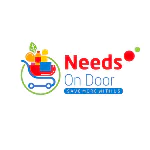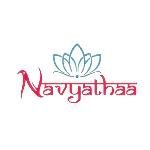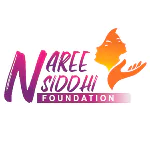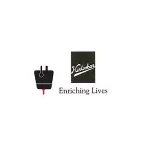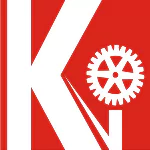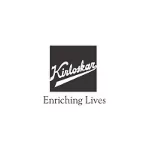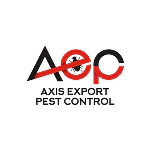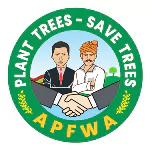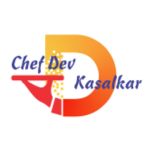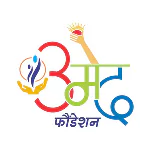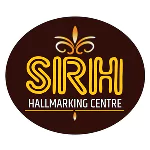
Unlock Success with Agile Methodology
Agile methodology is a dynamic Agile methodology is a dynamic approach to software development and project management, emphasizing flexibility, collaboration, and customer satisfaction. By breaking projects into small, manageable increments, Agile enables teams to deliver high-quality products faster and more efficiently. This iterative process allows for continuous feedback, rapid adjustments, and ongoing improvements, ensuring that the final product meets evolving client needs. Popular frameworks like Scrum and Kanban are integral to Agile, fostering a culture of transparency and accountability. Embrace Agile to revolutionize your workflow and achieve unparalleled success in today’s fast-paced market.
Agile methodology thrives on its ability to adapt to change, making it ideal for projects in dynamic industries where requirements evolve frequently. By prioritizing collaboration between cross-functional teams and engaging stakeholders at every stage, Agile promotes a shared vision and collective ownership of the project. This approach minimizes risks, as potential issues are identified and addressed early in the process. With its focus on delivering incremental value, Agile not only accelerates time-to-market but also enhances customer satisfaction by aligning deliverables with real-time feedback. Implementing Agile can empower your organization to stay competitive, innovative, and responsive in an ever-changing business landscape.

The Process
Best Practices We Implement

Thorough Requirement Gathering
We engage with stakeholders to gather detailed requirements, ensuring a clear understanding of project goals. Prioritizing tasks in the product backlog helps us align our efforts with business value and customer needs.

Iterative Design Process
Our team creates initial designs and low-fidelity prototypes, refining them through regular feedback loops. This approach allows us to validate ideas early, ensuring they meet user requirements before full-scale development.

Incremental Feature Implementation
We implement features in small, manageable increments through sprints. Each iteration focuses on delivering functional parts of the project, enabling early testing and continuous progress.

Comprehensive Testing
Our rigorous testing process includes unit tests, integration tests, and user acceptance tests. We ensure that every aspect of the product meets our high standards for quality and performance before moving to the next phase.

Regular Incremental Releases
We deploy the product in a live environment, releasing updates regularly. This practice allows us to deliver value quickly, address user feedback promptly, and make necessary adjustments in real-time.

Continuous Improvement
Through regular review meetings and retrospectives, we analyze project outcomes and team performance. This reflective practice helps us identify successes and areas for improvement, fostering a culture of continuous learning and growth.
